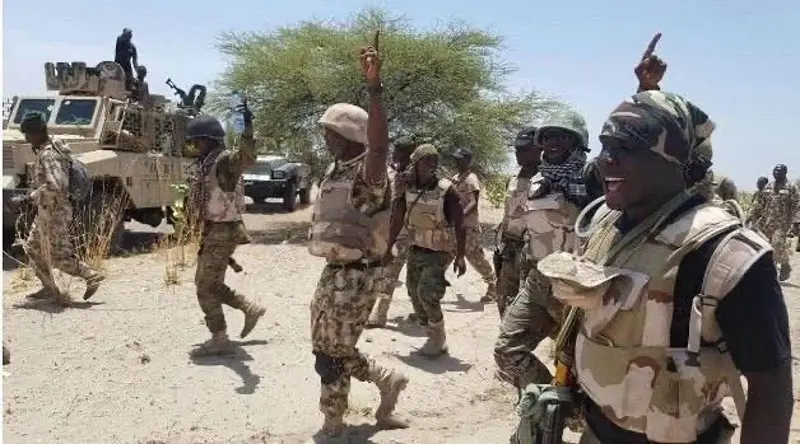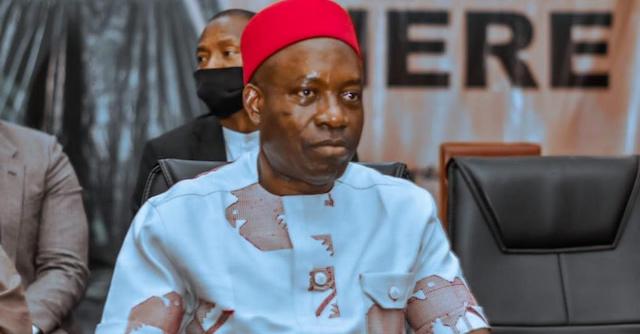Nigeria is among the countries set to benefit from a $100 million investment aimed at reducing methane emissions. The investment, announced by former New York City Mayor Michael Bloomberg, will support the collection of methane monitoring data from a global network of satellites. This initiative will also aid policy efforts in nine countries, including Australia, Indonesia, Mexico, and Nigeria, as well as US states like California and New Mexico, to curb methane leaks.
The announcement comes as dozens of country leaders gather in Brazil’s Amazon city of Belem for the annual UN summit on climate change. The COP30 conference marks three decades since global climate negotiations began, with countries having made some progress in curbing emissions but not enough to prevent extreme global warming in the coming decades.
Despite the absence of leaders from four of the world’s five most-polluting economies, including the US, China, India, and Russia, the conference is expected to advance progress on climate action. The absence of the US, in particular, may allow for a more multilateral conversation, according to Pedro Abramovay, vice president of programs at Open Society Foundations.
Brazil’s President Luiz Inacio Lula da Silva is engaging with leaders from various regions, including China, Africa, Southeast Asia, and Europe, on climate issues. He is scheduled to hold bilateral meetings with UK Prime Minister Keir Starmer and French President Emmanuel Macron, among others.
The $100 million investment is part of a broader effort to reduce global methane emissions, which have risen since the 2021 pledge to cut emissions by at least 30% from 2020 levels by 2030. Scientists have urged countries to halt emissions of the potent greenhouse gas as a first step in tackling warming.
The conference will feature speeches from 53 heads of state and over 40 subnational leaders, including UN Secretary-General Antonio Guterres. The event aims to promote cooperation and action on climate change, despite growing concerns about the effectiveness of multilateral efforts. As the world marks three decades of climate negotiations, the need for collective action to address the pressing issue of global warming has never been more urgent.



